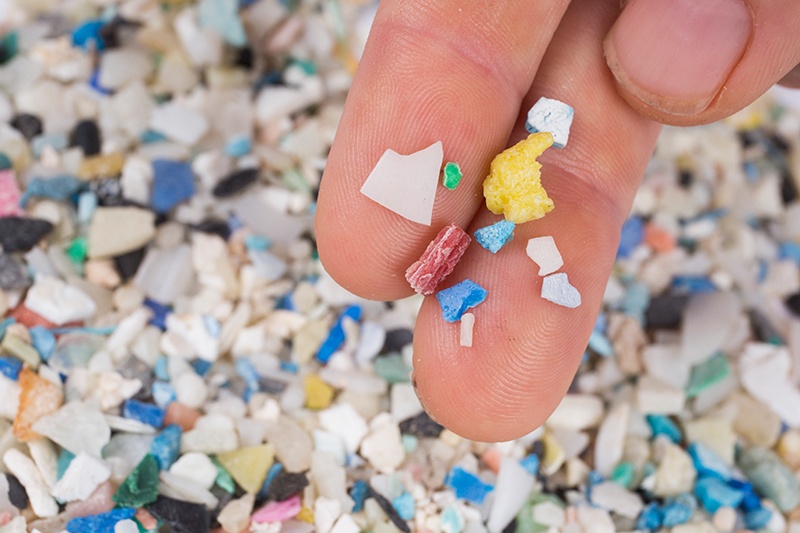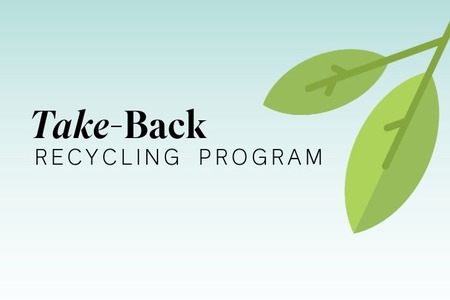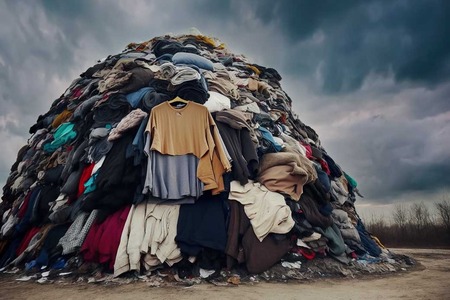
New study claims polyester-eating enzymes hold key to eliminating plastic waste
YarnsandFibers News Bureau 2022-03-25 07:14:14 – USAAccording to a new study, polyester-eating enzymes could be the key to minimizing plastic waste. Northwestern University researchers have developed a polymer that shields the PETase enzyme, which breaks down polyester but has been mostly ineffective due to its failure at high temperatures. Scientists believe that the enzyme could be the key to eliminating microplastics from rivers and oceans.
Monica Olvera de la Cruz, the senior author of the paper, explained that plastic gets heated, broken down, and then rebuilt into weaker, lower-quality polymers in recycling. However, with upcycling, breaking down polymers into their essential components can occasionally result in even more durable plastics than before.
De la Cruz's team aimed to build the most environmentally friendly upcycling technique possible, one that didn't create pollution but rather removed it. The researchers established a procedure that can be reproduced without the use of other solvents by employing an enzyme that can be synthesized in the lab.
de la Cruz said that people have discovered an enzyme — a microbe that eats polyester and turns it into monomeric units in order to exist. However, they have been unable to use it since it degrades at a specific temperature. Their aim was to develop polymers that could encapsulate the enzyme and protect its structure, allowing it to function outside of living cells and in the lab at at sufficiently high temperatures to be able to break down PET.
The researchers created a polymer and the conditions needed to successfully protect the enzyme (named PETase) so that it wouldn't unravel and become ineffective when the structure was heated. The polymer has a hydrophobic (water-repelling) backbone and extremely precise quantities of its three components, which were estimated by first author and Ph.D. student Curt Waltmann to interact with active sites on the enzyme.
Waltmann discovered that if the polymer had too much negative charge, the enzyme would dissolve in water and the polymer would not cover enough of the enzyme's surface to protect it. He had to be careful not to add too many hydrophobic components to the polymer, or it would wrap around itself instead of wrapping around the object.
The polymer was blended with chemically synthesized enzymes after being synthesized using a procedure called free-radical polymerization, which rapidly binds monomers together.
de la Cruz said that they discovered that putting the polymer and enzyme complex together, close to plastic, and then heating it up slightly allowed the enzyme to break it down into little, monomeric units. Their technology has protected against high-temperature degradation and one student was able to conduct the testing in addition to working in an environment where it could remove microplastics. With the monomeric units, you may construct a new polymer. These are hazardous substances that are harmful to our health. There's no need to manufacture anymore. You may use the ones that are currently here to build a plastic that is just as excellent — if not better.
The researchers opened several opportunities for the research community by discovering a mechanism to safeguard the enzyme from heat. The team's goal is to encapsulate whole microplastics in the structure, then use these enzymes to create a microplastic aggregate.
The US Department of Energy has launched a program to finance polymer upcycling initiatives that would help reduce plastic waste, and de la Cruz says her project will help advance the cause.
Nylon and polyester were discovered to have a deleterious impact on the growth and repair of airway tissue in a study conducted by Groningen University, the Netherlands Organization for Applied Scientific Research, and Plymouth Marine Laboratory.
Market Intelligence
Ask for free sample Report

experience
Customer Base
dedicated team
Countries Served Worldwide









